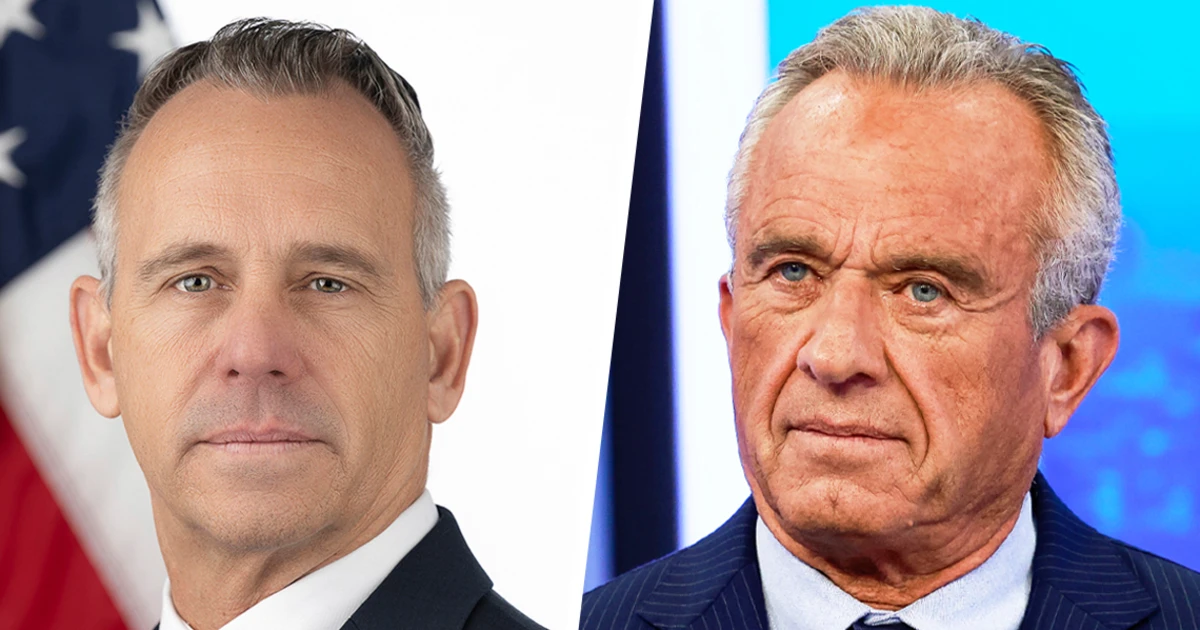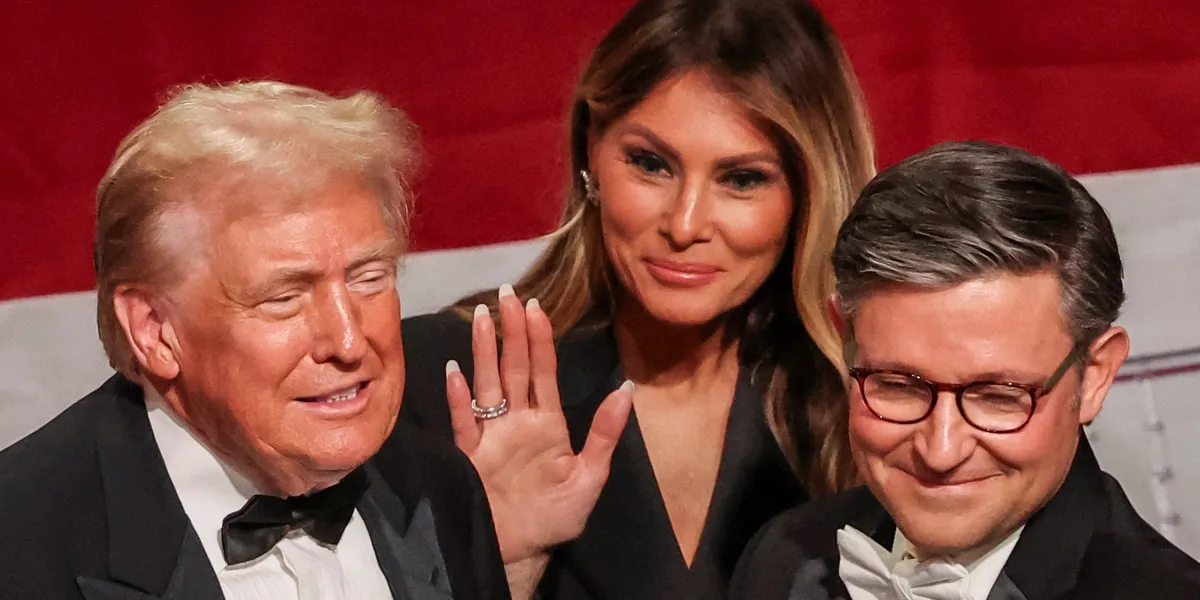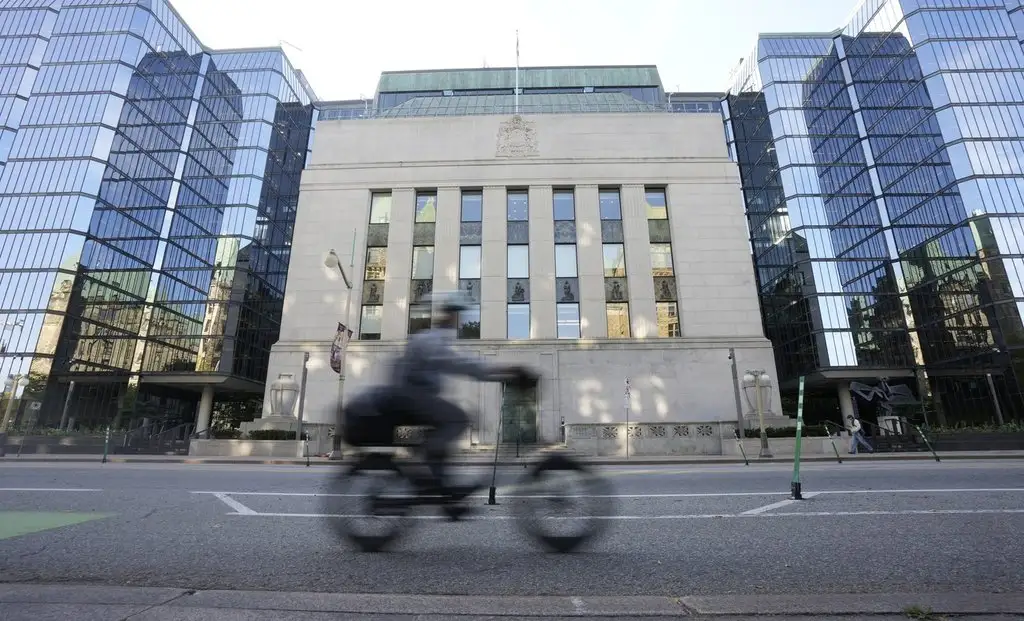Copyright MSNBC

At the heart of Operation Warp Speed — the program that produced the Covid-19 vaccines that saved millions of lives — was a little-known federal agency that coordinates the government’s responses to public health crises and maintains the nation’s medical stockpile. Historically led by doctors, military officers or career public health officials, the Administration for Strategic Preparedness and Response (or ASPR, pronounced “Asper”) is now being directed instead by John Knox, a firefighter turned anti-vaccine conspiracy theorist with no background in management or public health. Six current and former senior Health and Human Services Department officials told MSNBC that in elevating Knox, HHS Secretary Robert F. Kennedy Jr. has placed an unqualified activist atop one of the federal government’s most critical health agencies. Most of them spoke on condition of anonymity because they feared retaliation for themselves or their colleagues, or were not authorized to speak publicly about the agency. Those HHS veterans described ASPR under Knox as adrift: Experienced scientists and senior staff members have left or been pushed out; key roles in the agency have been filled with conspiracy theorists and advocates of false Covid treatments; and hundreds of millions of dollars in mRNA research contracts have been canceled, without good reason. Most concerning, those officials said, is what could happen when a Covid denialist and anti-vaccine activist leads the very agency created to defend the country from the next pandemic. Pandemic origins It was the pandemic that forced Knox’s hand. As he tells it, Knox didn’t trust the government or the media about Covid’s severity or the reported death toll: “Fear porn,” he called it. And when the mRNA vaccines were rolled out, he didn’t see it as a scientific breakthrough or a triumph of public health, but something sinister. Knox refused to comply with Los Angeles’ vaccine mandate and said he couldn’t, in good conscience, help his co-workers set up vaccine clinics for the public. His refusal — based on the false belief that mRNA vaccines were more dangerous than Covid and caused widespread injury and death — would make him a minor celebrity in anti-vaccine and widening MAGA circles. He was a regular at rallies and on podcasts, often alongside Kennedy, then a prominent anti-vaccine activist. “I would label it nothing other than genocide,” Knox recalled in 2023 of the vaccination campaign. “I just knew it was a disaster waiting to happen.” Today, Knox serves as the acting head of ASPR, the entity that helped develop, procure and distribute the very vaccines he vilifies. Knox did not return a request for comment. ASPR’s director of strategic communications, John Wagner, declined to comment. ASPR is charged with preparing for, responding to and helping efforts to recover from public health disasters and national emergencies including pandemics, bioterror attacks, natural disasters and mass-casualty events. Since 2006, when Congress established the office in the wake of the Sept. 11, 2001, attacks and Hurricane Katrina, its scope — part national security and part public health — has expanded. The agency has helped manage everything from outbreaks and bioterror threats to wildfire evacuations, hurricane relief, mass shootings, baby formula shortages and even the reunification of immigrant families separated at the border. ASPR oversees the Biomedical Advanced Research and Development Authority, or BARDA, the government’s in-house accelerator that turns promising research without a clear market into real-world vaccines and drugs that can be used in a crisis. It also manages the Strategic National Stockpile, the massive federal reserve of emergency medicines and supplies. Robert Kadlec, who helped envision ASPR and later led it during Trump’s first term, described it like this: “Someone needs to be in charge” to marshal resources and ensure that the federal support for state and local authorities is “coherent, comprehensive, and coordinated.” But almost two decades after its founding and for the last nine months, the office of the assistant secretary for preparedness and response sits vacant. As acting assistant secretary, Knox runs the agency in that vacuum. This is common at Kennedy’s HHS, where nearly one-third of the top positions, including CDC director and several division leaders, operate without Senate-confirmed leadership. In their place, inexperienced political appointees and anti-vaccine allies operate with unusual authority — a strategy that current and former officials say allows Kennedy to consolidate control and bypass friction from experts. Kennedy’s animus toward the public health agencies he leads is well known. Less so is how he has villainized and spun conspiracy theories around ASPR, specifically. In his book “The Real Anthony Fauci” (a widely panned paranoid tome that even one sympathetic reviewer found was “so full of errors and gross misrepresentations that nothing the author says can be taken as true”), Kennedy paints ASPR as an arm of government totalitarianism beset by corruption and run by “cronies” who “gin up” emergencies to enrich their co-conspirators in government and Big Pharma. The final chapter is devoted to Kadlec, whom Kennedy describes as “a Dr. Strangelove knockoff with deep ties to spy agencies, Big Pharma, the Pentagon, and military contractors who profiteer from the spread of bioweapons alarmism.” Kennedy’s book frames the Strategic National Stockpile as a mechanism meant to “enrich his vaccine industry friends and sideline public health,” and suggests ASPR simulations for biological weapons attacks and infectious disease outbreaks were not exercises but plans for manufactured crises. Knox met Kennedy in 2021, after he’d been put on leave from the Los Angeles Fire Department and co-founded Firefighters for Freedom, a nonprofit that raised almost $400,000 to support firefighters who opposed the city’s vaccine requirements and for a legal defense fund. The group sued the city, saying that the vaccine mandate violated the California Constitution’s right to privacy; Kennedy was one of three attorneys representing Knox’s Firefighters for Freedom in the case, which was ultimately dismissed last year. While on leave from the department, Knox came on as an adviser to Strategic Response Partners, a private disaster management company that sends teams into disaster zones to offer home and business owners private security, cleanup and recovery services. Strategic Response Partners is owned by Steve Slepcevic, a “disaster chaser,” as the Los Angeles Times once described him, who was arrested in 2009 and accused of stealing insurance payouts to victims of Hurricane Katrina. (State prosecutors did not pursue the charges.) Slepcevic declined to comment on the case when asked over text. In a 2019 rap video, he said he had been “targeted” by insurance companies, politicians and the media. The pandemic turned Knox into an influencer, too. Sometimes multiple times a day, he could be found on cable news, on podcasts and leading cries of “Freedom!” at rallies. Knox was a prolific poster on Instagram, where he shared praise for Kennedy and anti-vaccine and conspiracy theory content from sources including Infowars and ZeroHedge, and promoted unproven cures for diseases. In June 2024, above a post incorrectly claiming ivermectin could be used to treat Covid and “a majority of cancers,” Knox posted, “It just takes a little research to find it. Cures are out there for everything.” In October 2024, he saved posts to his highlight reel that falsely claimed Covid vaccines contained the human immunodeficiency virus, or HIV, and denied that viruses caused diseases, including polio. He shared links to the conspiracy theory film “Plandemic” and reposted videos sharing false claims about AIDS and Dr. Anthony Fauci, adding, “The same guy behind Coofid is the same 🤡 behind [AIDS].” He also falsely claimed in an August 2024 post that mpox was an autoimmune response to Covid vaccines. By 2024, Knox was writing a book with the working title “True American History: Everything You’ve Been Taught Is a Lie,” and rebranding as a life coach. His website described the new venture as an “invite-only coaching program designed for those ready to rise above adversity, reclaim their personal freedom, and forge a new path in life.” Before it could get off the ground, Kennedy was tapping him for ASPR. Inside the agency So far, the emergencies Knox has managed at ASPR have been the self-imposed kind that define Kennedy’s HHS: budget cuts, staff resignations and firings, and interagency chaos. In March, the department announced a $240 million budget cut for the agency and said it would shift ASPR from a separate agency under the health secretary to one that reports to the Centers for Disease Control and Prevention. Two senior HHS officials said there were several meetings in which Knox promoted cutting funding for CDC experts who advised ASPR officials on the stockpile, and opposed reorganization proposals that he thought challenged his new authority. “It was coming down to where John’s box was,” one former senior official said of the weekslong back-and-forth. The next month, ASPR’s director of infectious disease preparedness and response, a career scientist known as the agency's chief medical officer, who had helped steer the agency through the Ebola outbreak in 2015 as well as Covid, announced he was leaving. Within days, he would essentially be replaced by Dr. Steven Hatfill, a virologist who was officially exonerated in 2008 after having been investigated in the 2001 anthrax attacks. Hatfill has said the anthrax accusations and resulting media circus ruined his life. “I was a guy who trusted the government,” he told The Atlantic in 2010. “Now, I don’t trust a damn thing they do.” Hatfill reappeared during the pandemic as an unofficial Trump adviser who promoted ineffective cures and spread false claims about the dangers of Covid vaccines and the efficacy of alternative treatments before pivoting to investigate alleged voter fraud in Arizona. This April, HHS leadership informed Knox that Hatfill would be his new chief scientific adviser. One current and one former HHS official said that beyond advising Knox, Hatfill attended scientific meetings and weighed in on how BARDA funds should be allocated, specifically calling for ivermectin and hydroxychloroquine to be stockpiled. (Both drugs have narrow, proven and effective uses. Popular claims of broad infectious-disease use for Covid and other diseases are unsupported by evidence.) Hatfill was fired last weekend. An HHS spokesperson told Bloomberg that Hatfill was fired for misrepresenting himself as the chief medical officer and was uncooperative with government agencies and department leadership. It was Hatfill who wrote the justification for Kennedy’s scrapping $500 million in BARDA contracts for mRNA research in August. On podcasts explaining the clawback of research funds, Hatfill said that he, Knox and Kennedy had made the decision. “There’s a new sheriff in town,” Hatfill said. “President Trump, Secretary Kennedy and my boss John Knox at ASPR.” Hatfill’s document and his claims that Covid vaccines had injured hundreds of thousands and killed a “significant” number of people were criticized by experts, and appalled HHS staff. “It was clear to me that they were there to come in, kill the mRNA vaccines, and damn the science,” said one former senior department official. Dr. Craig Vanderwagen, the founding assistant secretary for preparedness and response under George W. Bush, and a current instructor at Harvard University, told MSNBC he’d met with Knox at several recent events. The retired admiral said Knox seemed to understand ASPR’s mission and was enthusiastic to learn from the experts around him. “I’m giving him the maximum benefit of the doubt,” Vanderwagen said. “He seemed engaged. I mean, taking notes is not something you see from political people very often.” But inside ASPR and CDC, two senior officials said, the staff has been wary. “He’s got some anti-vaccine ideas, and I’m not quite sure where his head is in terms of the scientific method and logic,” said one. In August, a gunman — reportedly motivated by the belief that a vaccine had injured him — opened fire at the CDC’s Atlanta headquarters. As he fired hundreds of rounds at the campus and employees sheltered in place, some operations briefly paused. The agency’s emergency operations center, a 24-hour command hub that coordinates responses to public health threats, went offline for less than 20 minutes. “They paused for a bit because they were being shot at,” one former official explained, noting that the operation was quickly restored. According to one current and two former HHS officials, Knox called and demanded a meeting at the Atlanta campus to find out why the center had gone unmanned, insisting on reviewing security footage and emergency protocols while the agency was still reeling and people were working from home. CDC officials pushed back against his request until a week later. “It really upset the staff that ASPR came in and tried to be heavy-handed about how we reacted to the shooting,” one former CDC official said. “We’re all like, ‘Why is ASPR here?’” It’s unclear whether Knox will still be in charge when the next big emergency strikes. The Trump administration has yet to nominate anyone else to head up the agency. If a pandemic or an attack were to happen tomorrow, the danger, current and former officials say, is that the nation’s emergency health apparatus will be stripped of expertise at the moment it may need it most. Kennedy and Knox, said one former senior HHS official, “wouldn’t know how to mount a response if they wanted to. And I don’t think they want to.”



